On 16 January, the voter registration process started in the Togdheer region, Somaliland. From 6am, women and men began to arrive at polling centres in large numbers to register for the presidential and parliamentary elections, which are expected to be held in March 2017. The process will take six months to cover all six regions, and will make Somaliland the first country in the world to use iris-recognition software.
If everything goes to plan, this will be a significant achievement for a small country on its way to becoming an electoral democracy that is more representative of its people.
Progressio’s Governance Policy and Advocacy Officer Malou Schueller is currently in Somaliland, where Progressio and University College London are collaborating on an 18-month major research project into gender roles within the country's political system. Schueller is working in close collaboration with a local research team of five long-term Somaliland women’s rights activists.
“Having a credible and reliable voter register in place in time for the 2017 elections is an important prerequisite to ensure the integrity of Somaliland’s electoral process and increase confidence in it,” says Malou. “This will ultimately reduce tensions and potential conflicts that may arise between contesting parties and groups.
Somaliland is a new and as yet internationally unrecognised country, having declared itself independent of Somalia in 1991. Since then, the country has held four local, presidential and parliamentary elections, of which Progressio has observed three.
Suad Abdi, Progressio’s Country Director for Somaliland, says the use of iris recognition software is hoped to make the voting process fairer, establishing the number of eligible voters per district in a country where many citizens still do not yet have identity cards.
“Somaliland cannot afford to repeat the mistakes made in the 2012 elections, when the lack of a voters’ register and inefficient safeguards resulted in multiple voting as groups in different regions tried to increase their constituency numbers to achieve greater representation,” says Suad.
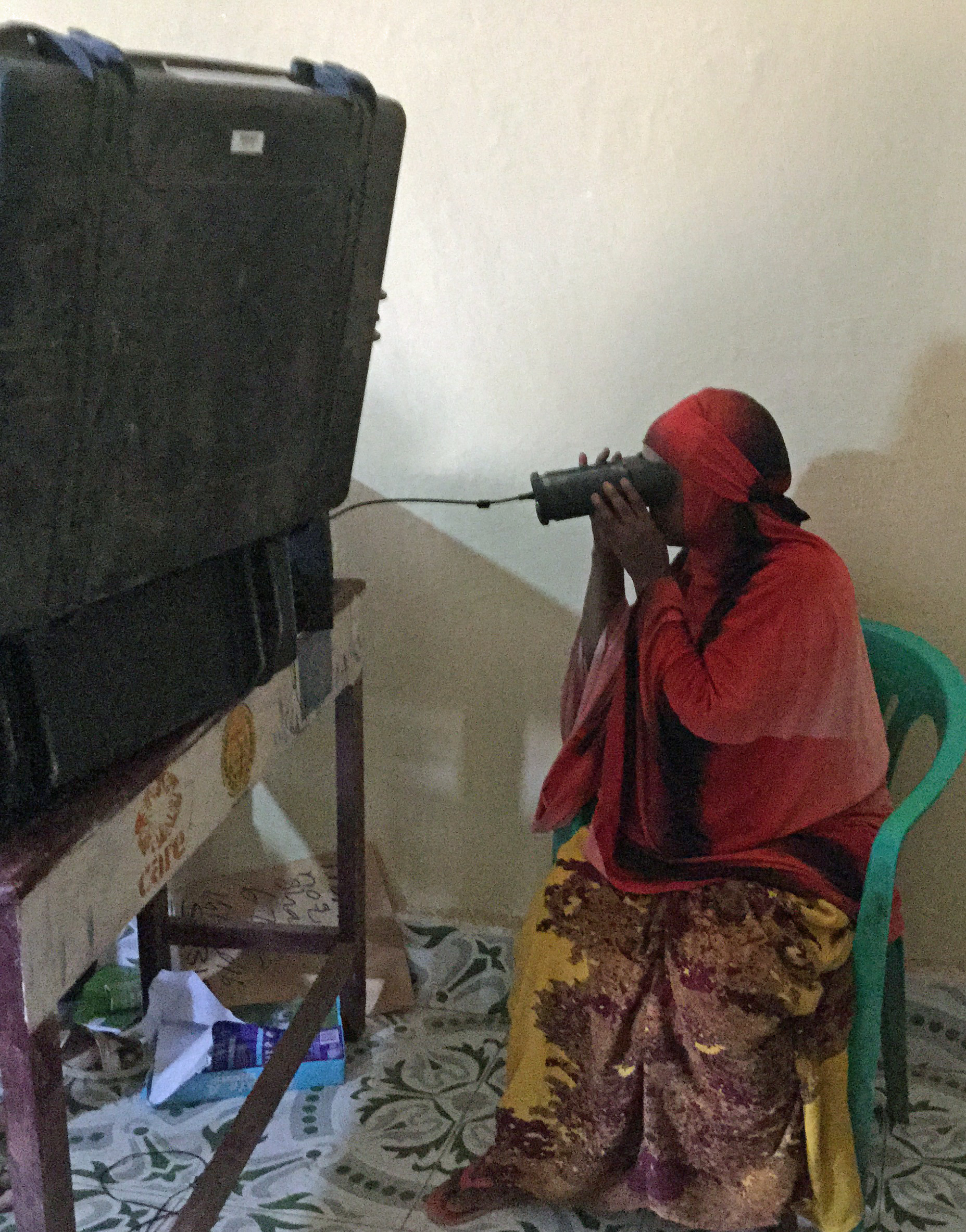
Putting a robust registration system in place was one of the main recommendations in Progressio’s 2012 observation report ‘Swerves on the road’, Report by International Election Observers on the 2012 local elections in Somaliland (http://bit.ly/1OZvvVs).
Current projects in Somaliland support work on HIV and AIDS, women’s participation, and violence against women. You can read more here.
Progressio, DPU and Somaliland Focus (UK) do not take a position on the international recognition of Somaliland, as we regard this issue as beyond our mandate. At the same time, we welcome the increased stability, security, and accountability to citizens which has in part been supported by the development of democratic institutions in Somaliland. Democracy is about more than just elections – but elections are still vital.
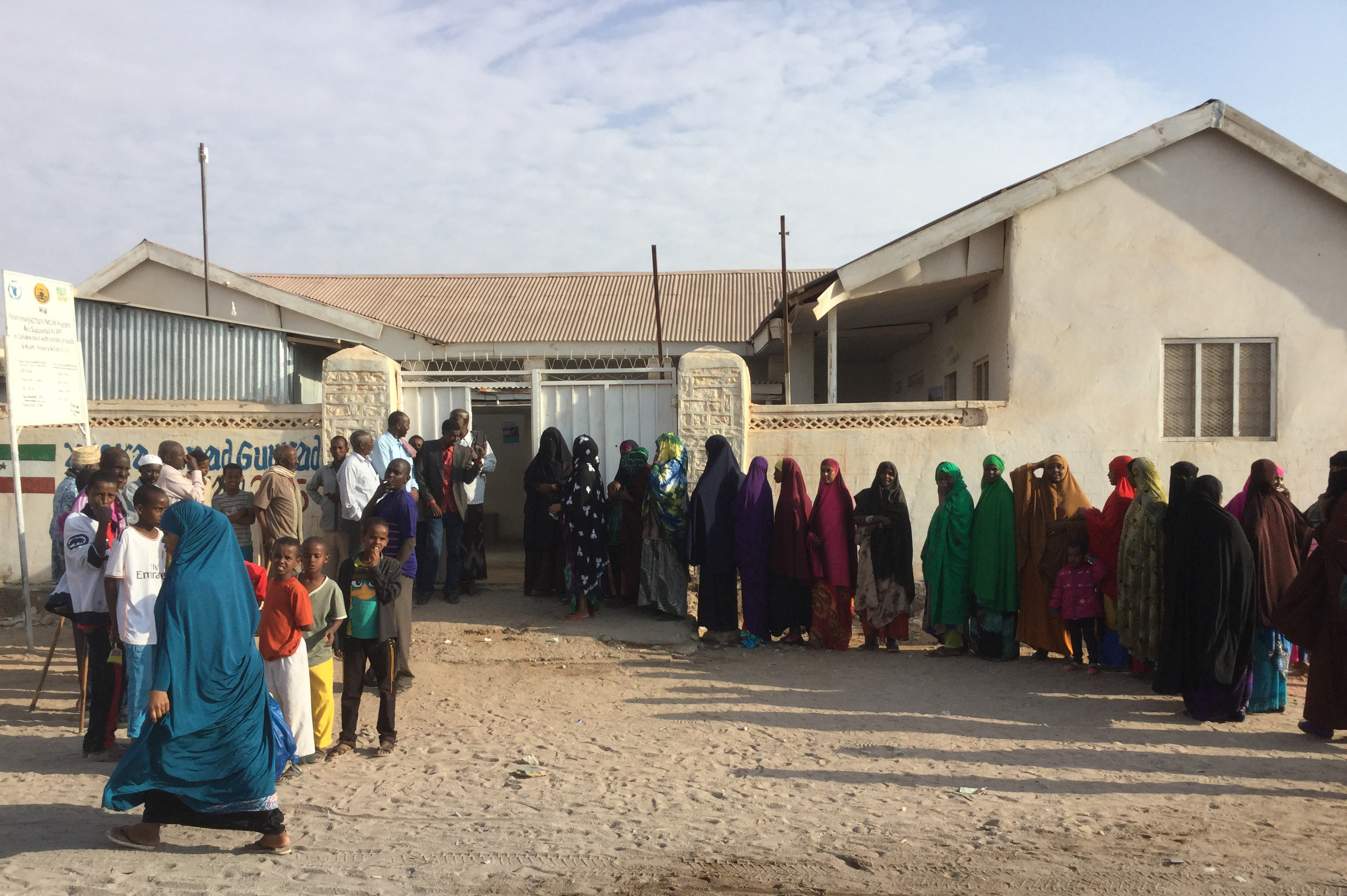
Photos taken by Malou Schueller.


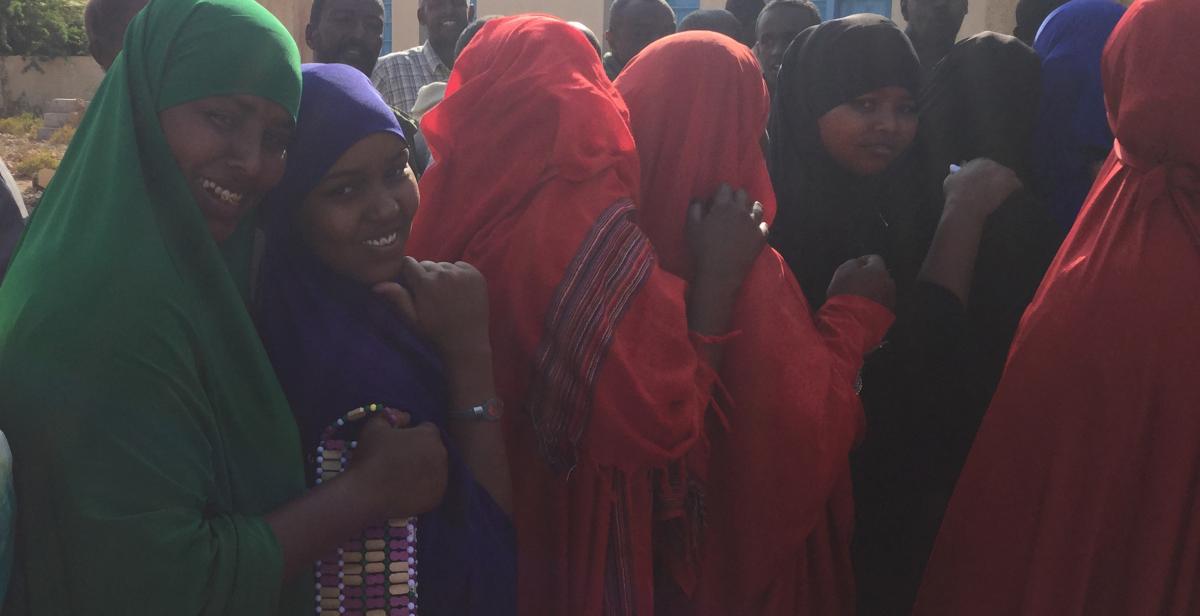
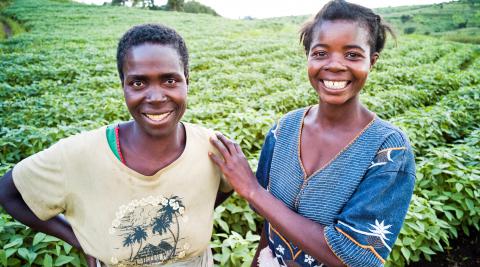
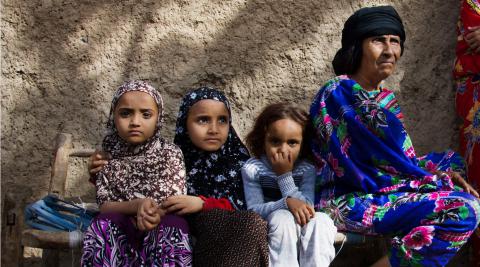
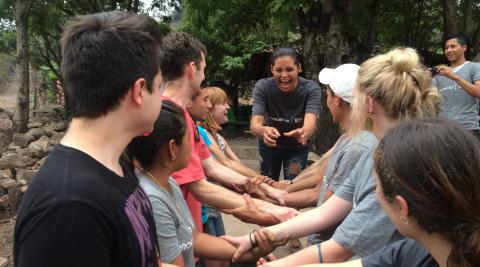

Comments
On 16 January, the voter
On 16 January, the voter registration process started in the Togdheer region, Somaliland. From 6am, women and men began to arrive at polling centres in large numbers to register for the presidential and parliamentary elections, which are expected to be held in March 2017. The process will take six months to cover all six regions, and will make Somaliland the first country in the world to use iris-recognition software.
If everything goes to plan, this will be a significant achievement for a small country on its way to becoming an electoral democracy that is more representative of its people.
Progressio’s Governance Policy and Advocacy Officer Malou Schueller is currently in Somaliland, where Progressio and University College London are collaborating on an 18-month major research project into gender roles within the country's political system. Schueller is working in close collaboration with a local research team of five long-term Somaliland women’s rights activists.
“Having a credible and reliable voter register in place in time for the 2017 elections is an important prerequisite to ensure the integrity of Somaliland’s electoral process and increase confidence in it,” says Malou. “This will ultimately reduce tensions and potential conflicts that may arise between contesting parties and groups.
Somaliland is a new and as yet internationally unrecognised country, having declared itself independent of Somalia in 1991. Since then, the country has held four local, presidential and parliamentary elections, of which Progressio has observed three.
Suad Abdi, Progressio’s Country Director for Somaliland, says the use of iris recognition software is hoped to make the voting process fairer, establishing the number of eligible voters per district in a country where many citizens still do not yet have identity cards.
“Somaliland cannot afford to repeat the mistakes made in the 2012 elections, when the lack of a voters’ register and inefficient safeguards resulted in multiple voting as groups in different regions tried to increase their constituency numbers to achieve greater representation,” says Suad.
Putting a robust registration system in place was one of the main recommendations in Progressio’s 2012 observation report ‘Swerves on the road’, Report by International Election Observers on the 2012 local elections in Somaliland (http://bit.ly/1OZvvVs).
Current projects in Somaliland support work on HIV and AIDS, women’s participation, and violence against women. You can read more here.
Progressio, DPU and Somaliland Focus (UK) do not take a position on the international recognition of Somaliland, as we regard this issue as beyond our mandate. At the same time, we welcome the increased stability, security, and accountability to citizens which has in part been supported by the development of democratic institutions in Somaliland. Democracy is about more than just elections – but elections are still vital.
Photos taken by Malou Schueller.